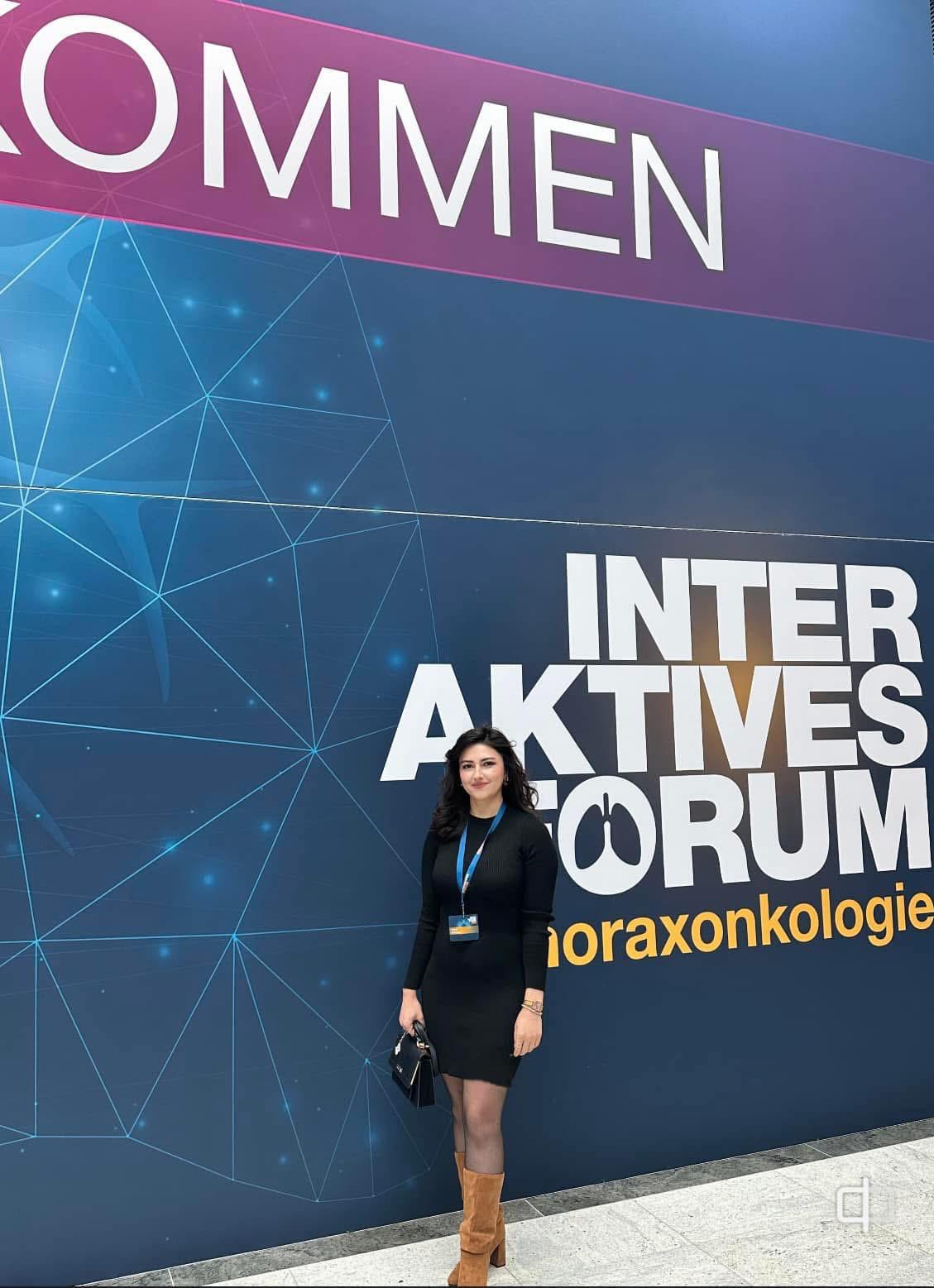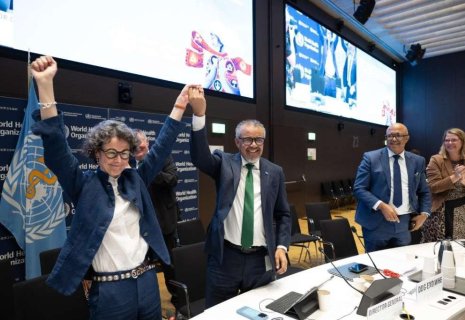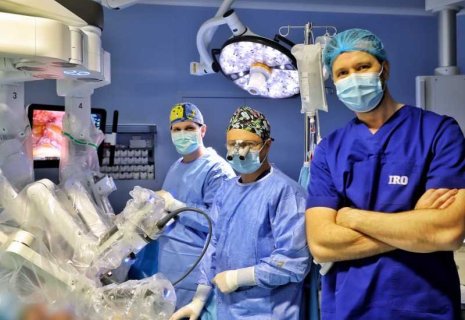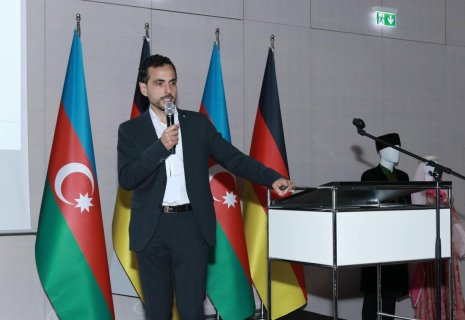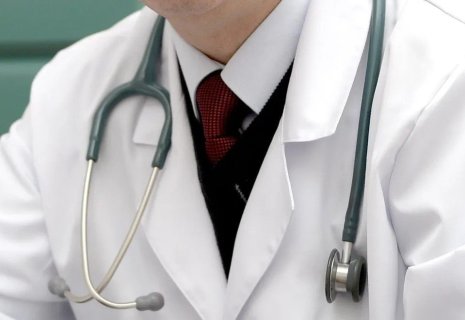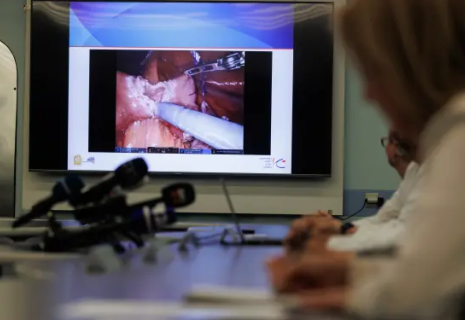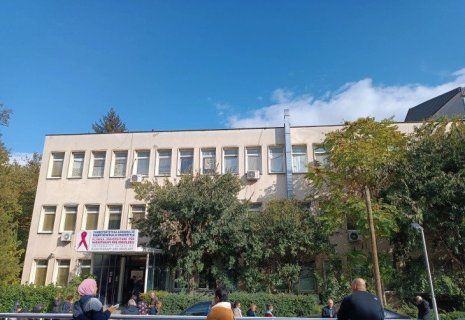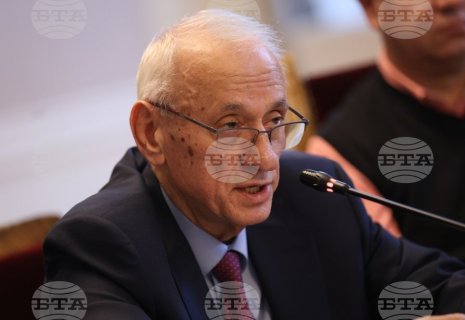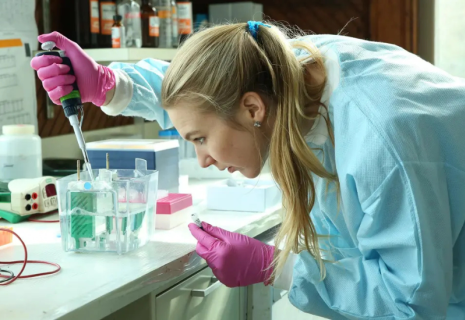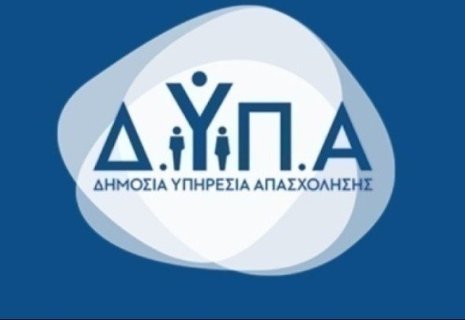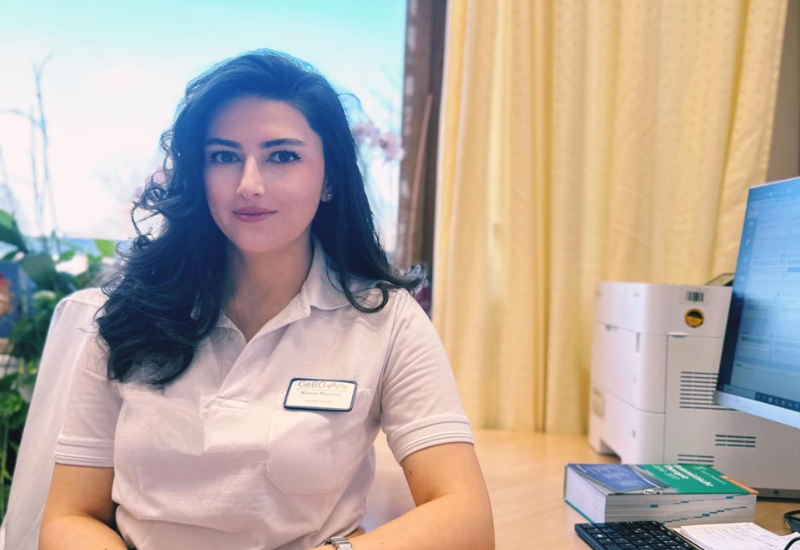
Azerbaijani doctor Khavar Musayeva on bridging cultures in German healthcare
Trend News Agency presents an interview with Azerbaijani physician Khavar Musayeva, a specialist in internal medicine currently living and working in Bamberg, Germany.
Khavar Musayeva, who works at Bezirksklinikum Obermain (BKO), a clinic specializing in lung diseases, is also continuing her studies in a second specialty in Germany, CE Report informs.
What brought you to Germany, and how did you choose the city you live in? With so many beautiful cities in Germany, each offering unique architecture and climate, why Bamberg?
Bamberg is one of the most historically rich cities in Bavaria. Since 1993, it has held official status as a UNESCO World Cultural and Natural Heritage Site. It is situated along the banks of the Danube, one of Europe’s most beautiful rivers. A multicultural city, it draws tourists with its picturesque nature, historic churches, and architectural landmarks, while also embracing modernity and being renowned for its universities.
Can you tell us about the hospital where you work and the services it provides?
Bezirksklinikum Obermain (BKO) is a large, comprehensive hospital in Germany, located in Kutzenberg, with departments specializing in internal medicine, intensive care, psychiatry, and geriatrics. It covers a vast area and houses the only specialized dispensary in Germany for isolated tuberculosis patients. Doctors from around the world, including those from Japan, America, and France, come to our clinic to learn from the treatment methods we use. The pulmonary diseases department, where I work, is one of the few highly specialized clinics in Germany. It offers top-tier diagnostics and treatment for COPD, bronchial asthma, bronchitis, tuberculosis, pneumonia, pulmonary fibrosis, sarcoidosis, lung cancer, and various other conditions. In addition to medication, the unique, nature-surrounded location of the hospital plays a key role in the healing process, making it especially cherished by both patients and staff.
When did you decide to pursue a second specialty in Germany? What does studying in Germany mean to you?
Pursuing education in Germany has been a dream of mine since my student years. The more flexible and well-structured German education system, along with the attention and care given to students, has always drawn my interest. The curriculum here allows students to gain both theoretical and practical knowledge in a more accessible and manageable way, without overwhelming them.
Isn’t it difficult to study and work at the same time in Germany?
In Germany, advanced specialization—similar to residency—means working as a full-time physician. There is no standard curriculum; instead, each doctor is required to prepare a personalized training plan, or Logbuch, typically lasting five to six years in their chosen specialty. According to this plan, physicians must gain theoretical and practical experience across various departments and timeframes related to their field.
What advantages does the German government offer for studying, living, and working in the country?
One of the greatest advantages of studying in Germany is that education is free. There are no tuition fees, and in addition, we receive a salary, similar to that of assistant doctors, while working. The hospital we work with also covers the costs of various conferences, seminars, and advanced training courses. Furthermore, hospitals financially support all self-development projects.
What diseases are most common in your city, and how does German medicine address them?
Our clinic is a highly specialized lung disease center, one of the few of its kind in Bavaria. As a result, the majority of our patients are those with respiratory conditions. In addition to our pulmonology department, the hospital also has specialized units for Rheumatology, Psychiatry, and Geriatrics. We also offer comprehensive examinations and treatments through our sleep laboratory. Furthermore, allergology and hyposensitization therapies are provided, along with chemotherapy treatments for patients diagnosed with lung cancer.
For our lung disease patients, respiratory exercises, inhalation techniques, and proper use of nebulizers are taught by specialized physiotherapists, who also guide patients through specific exercises.
We would like to ask you to share your memories of your most memorable patient admission. Do you generally maintain warm relationships with your patients over time?
The first thing our patients look for is a friendly demeanor, a compassionate approach, and actions that build trust. This combination of empathy and professionalism strengthens their confidence in us, encouraging them to be more open and motivated throughout their treatment. As a result, they tend to follow the doctor’s recommendations more closely and are more accepting of the treatment plan.
I make no distinction between my patients; all are equally valuable and deserving of attention. Many of my patients express their appreciation through polite gestures, as well as small gifts like flowers and chocolates.
Are there other Azerbaijanis working or studying at your hospital?
Unfortunately, during my time in Germany, only a few Azerbaijani doctors have worked at our hospital. I hope to see that number grow in the future. Azerbaijani doctors have always been highly respected by both management and medical staff here for their professionalism, accuracy, high level of education, and strong work ethic.
